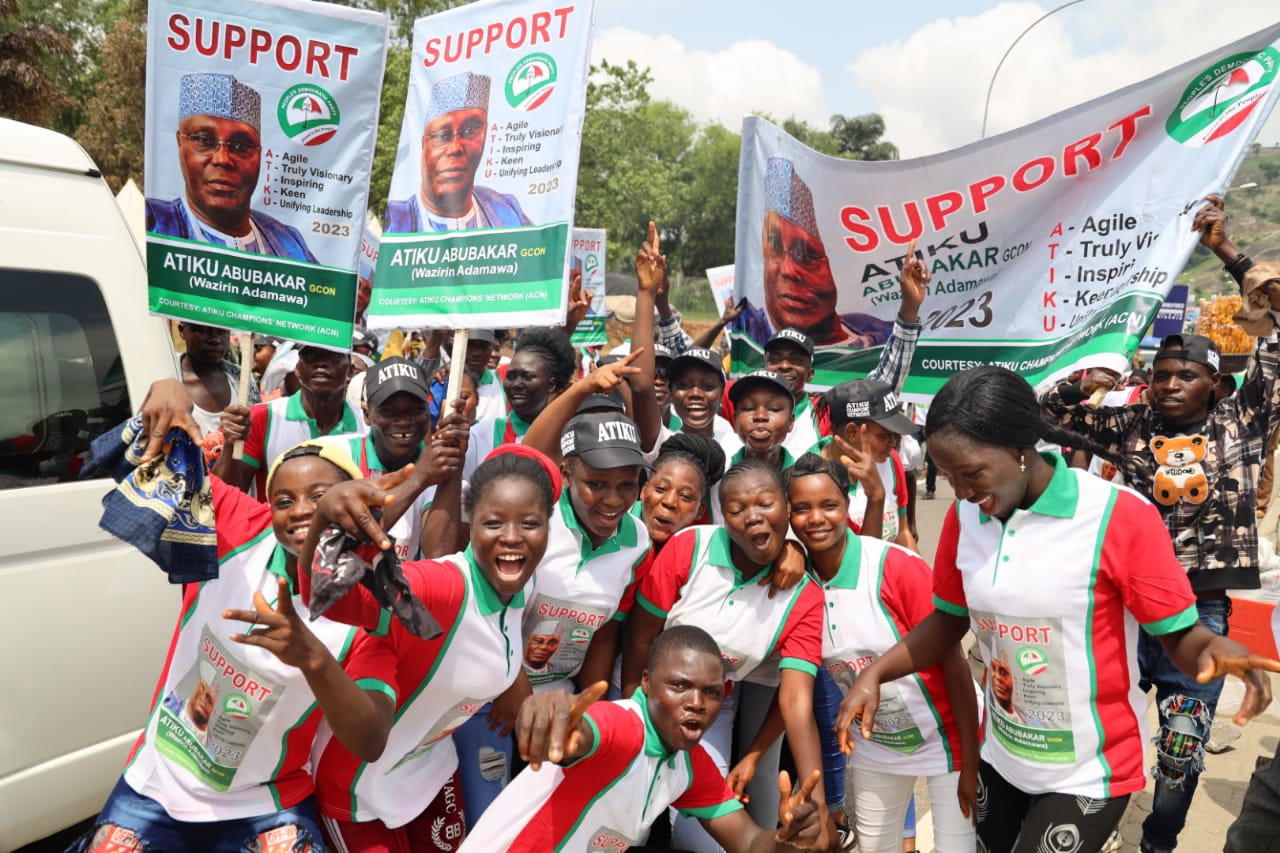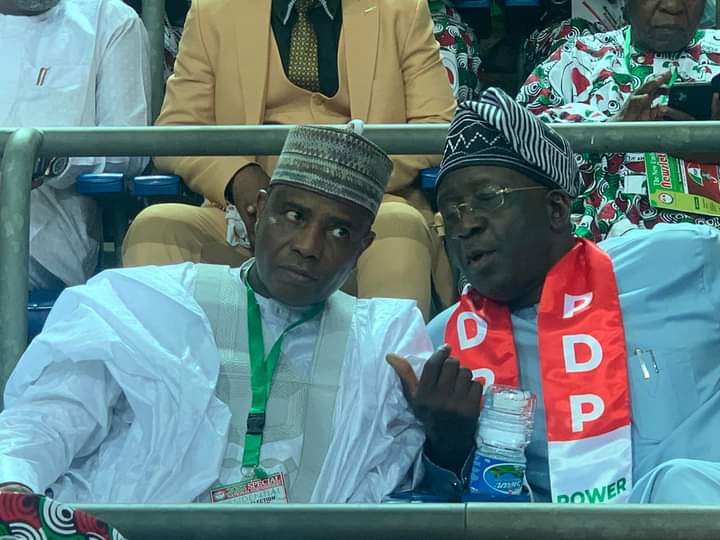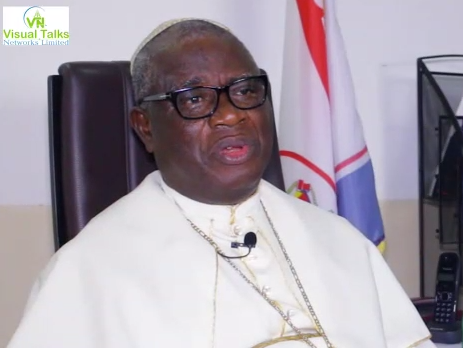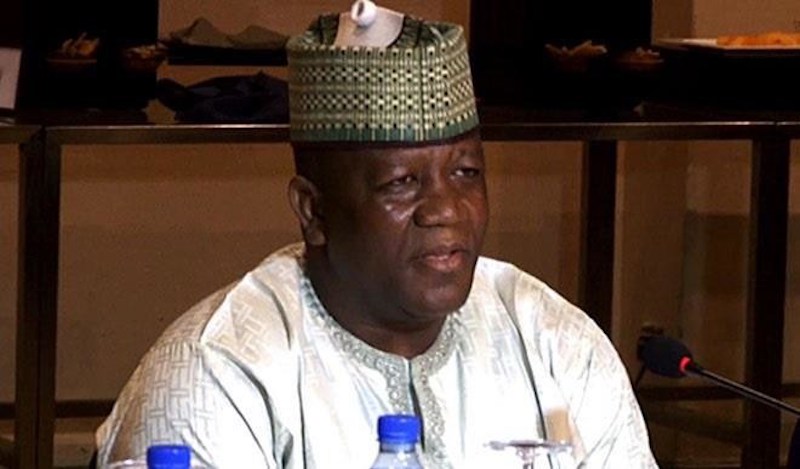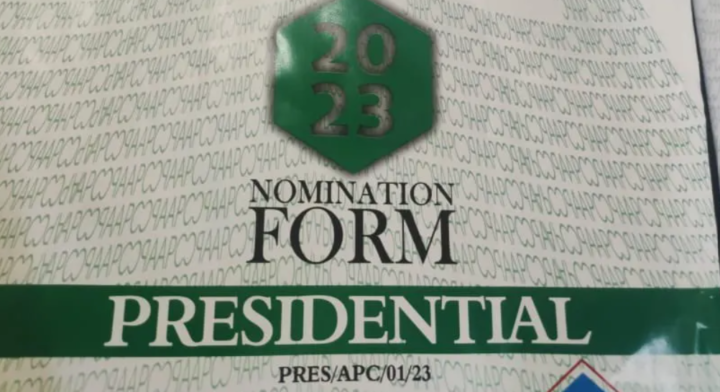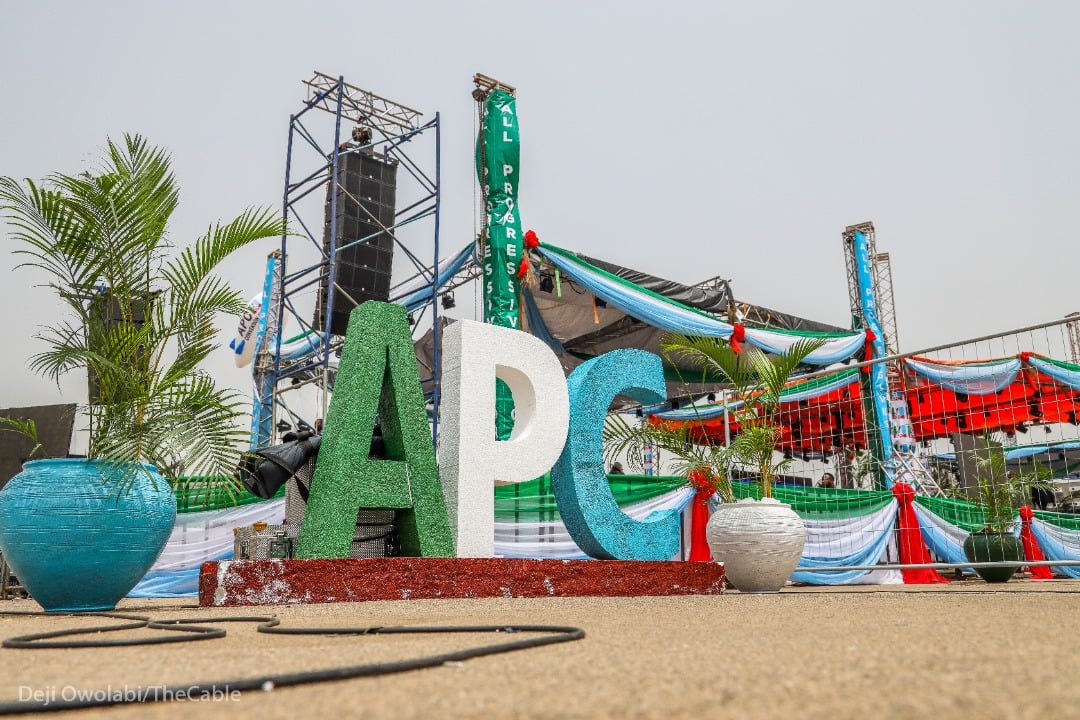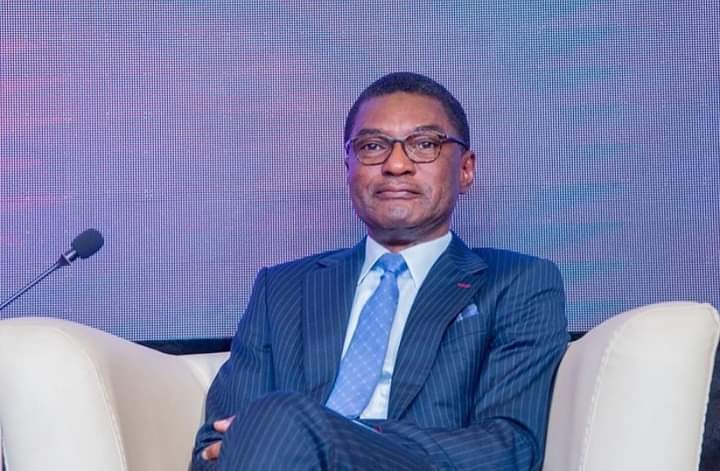As envisaged, Atiku Abubakar, former vice-president, and Nyesom Wike, governor of Rivers state, fought the closest battle for the presidential ticket of the Peoples Democratic Party (PDP) on Saturday. Combined, they got 83 percent of the 752 valid votes from delegates. Atiku, with 371 votes, outscored Wike, with 237. Atiku beat Wike by a margin of 134 to become the party’s flag bearer for the second consecutive election.
Although conventional wisdom was that Atiku was the strongest candidate on the ballot, Wike had garnered support in his nationwide tour, prompting many analysts to predict a neck-and-neck race. Some even ventured that he would win the ticket in the absence of a northern consensus candidate. But Atiku came good at the end of the day.
Here are the reasons Atiku won, as gleaned by TheCable.
1. TAMBUWAL’S RELUCTANT WITHDRAWAL
Advertisement
Aminu Tambuwal, governor of Sokoto state and former speaker of the house of representatives, did the unexpected when he decided to step down for Atiku just before voting began. It was a surprise because he had refused all along, despite efforts by Aliyu Gusau, former national security adviser, and Attahiru Bafarawa, himself a former governor of Sokoto state. Tambuwal believed it was Atiku that should step down and back him, being a younger candidate. He ran against Atiku in the primary in 2018, and despite the heavy backing of Wike, he lost. Going into this year’s primary, Tambuwal had no fewer than 100 delegates from the north-west on his side. Imo delegates, under the leadership of Emeka Ihedioha, Tambuwal’s former deputy in the house of reps, were also in his corner. But the northern leaders eventually prevailed upon him that Atiku had a wider spread across the 36 states and he should consider northern interest first. He succumbed a few hours to the start of the convention, boosting Atiku’s chances and possibly demoralising other northern delegates who had pledged support to Wike.
2. DELEGATE CAMPING
Atiku, a veteran of indirect primaries dating back to the Social Democratic Party (SDP) in 1993, pulled yet another trick from the bag when he re-enacted the camping of delegates at the Sheraton Abuja Hotel before the convention. TheCable understands that he camped 275 “sure” delegates at the hotel and cut them off from communicating with the outside world, effectively insulating them from any influence from other aspirants. He still needed more delegates to be sure of winning the ticket, which he got when Tambuwal stepped down and directed his supporters to thumbprint Atiku. The “camping” tactic was used to good effect by Atiku in previous primaries, but it did not work in 2015 as the All Progressives Congress (APC) insisted on housing all the delegates.
Advertisement
3. SAMUEL ORTOM’S DOUBLE GAME
Samuel Ortom, governor of Benue state, was initially thought to be an associate of Wike until events started unfolding with the election of Iyorchia Ayu as the national chairman of the party last year. Ortom, TheCable understands, was the one who touted Ayu and assured Wike that the former senate president would be “neutral”. However, Ayu is a well-known age-old associate of Atiku. He was removed as minister by President Olusegun Obasanjo in 2006 in the heat of the face-off between Obasanjo and Atiku. Ayu was the DG of the Atiku’s presidential campaign in 2007. While the southern governors wanted PDP to zone the presidential ticket to the south, Ayu worked against it. Ortom, who chaired the committee on zoning, left the race open without making any definite recommendation. It was at this stage that it became clear that Atiku was having his way in the party. David Mark, also from Benue like Ortom and Ayu, was said to be more comfortable with Atiku as the presidential flag bearer. He chaired the convention. Ayu would call Tambuwal “hero of the convention” the day after Atiku got the ticket.
4. NO ‘VOTE AND SNAP’
Although a lot of money is believed to have been shared by the biggest aspirants to induce delegates, with Atiku reportedly offering the largest before and during the convention, the PDP leadership, through the election committee, banned delegates from taking their phones to the polling booths. This was a masterstroke. Delegates are normally paid in part and promised the balance after they had voted, taken a picture of their ballot paper and presented it. However, the ban on phones meant people could now effectively vote for their choices without being accountable to anyone. This tactic also worked in favour of Atiku — many northern delegates had also reportedly collected money from other aspirants and were now free from showing evidence of “delivery”.
Advertisement
5. THE ATIKU FACTOR
Atiku might have failed to get elected as president since he started trying 29 years ago but he is one of the finest politicians around. He has cultivated an extensive network of loyal supporters over the years across every nook and cranny of Nigeria. Having served as vice-president for eight years, between 1999 and 2007, Atiku has continued to be relevant politically despite attempts by Obasanjo to dim his light. Although he has fallen out with some of his associates over the years, he has always managed to keep in touch with them and easily revives old alliances. While Wike was relying on his field work and war chest to get the PDP ticket, Atiku was working behind the scenes on the power brokers inside and outside the party to pull the strings for him. Getting Tambuwal to withdraw, even if reluctantly, was perhaps the biggest deciding factor in his victory.
Add a comment
